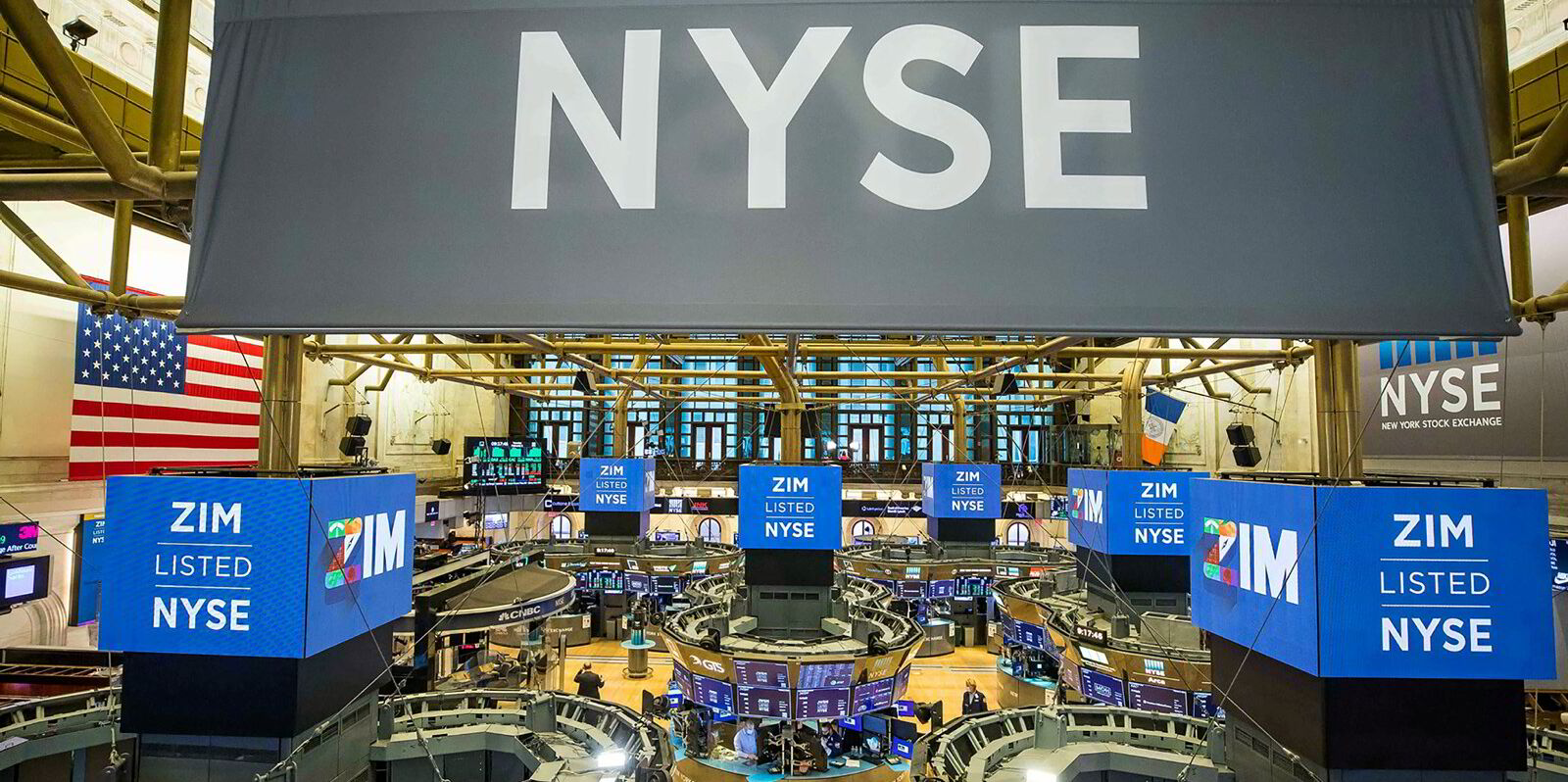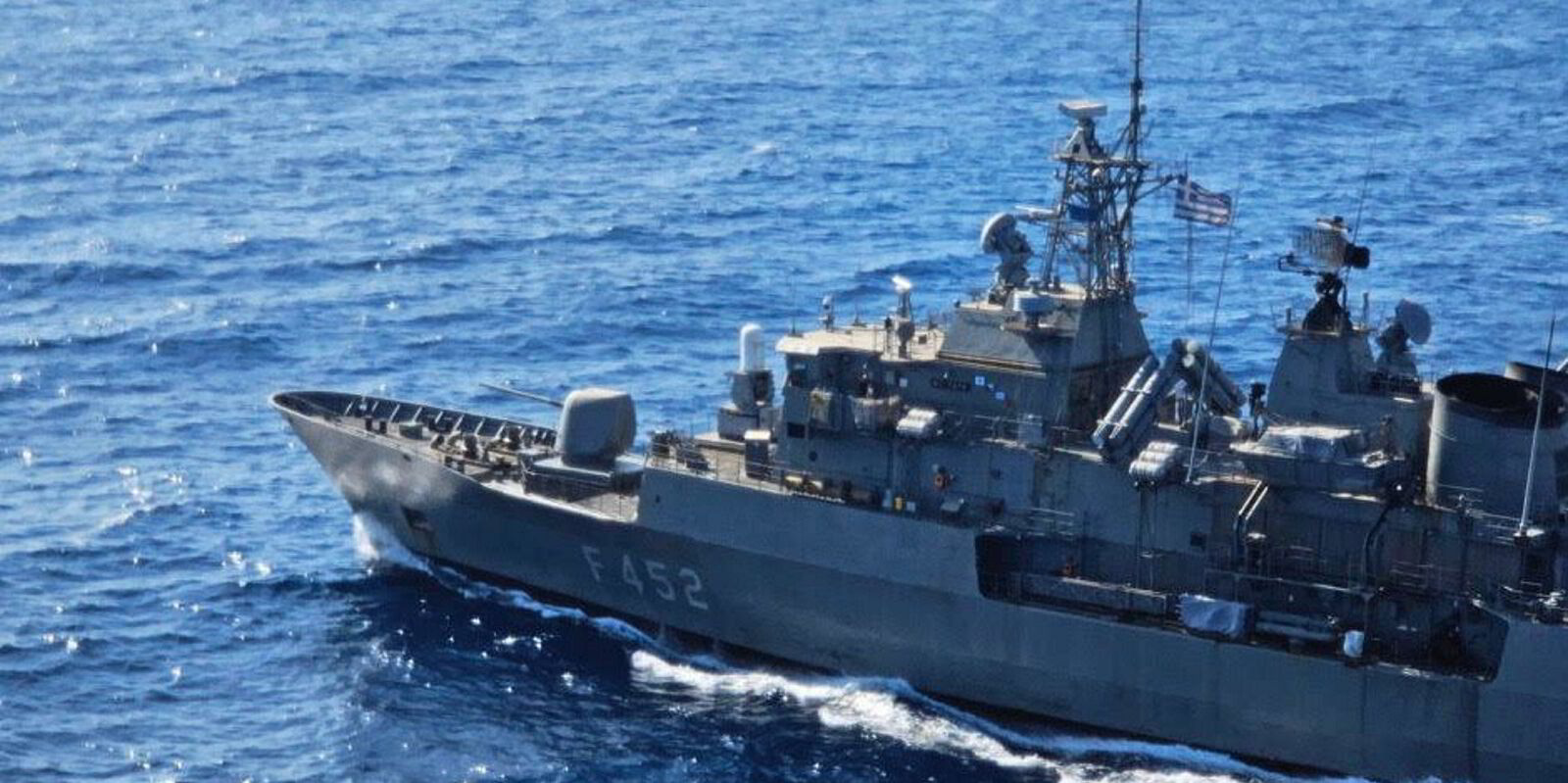Investors sold off shipping shares again on Monday, after weekend reports of a step towards a ceasefire in Gaza.
On Saturday, Reuters and AP reported that hopes for a ceasefire in Gaza rose further after Hamas gave its initial approval to a new US-backed proposal for a phased deal.
The militant group confirmed it had dropped a key demand that Israel commit to a definitive end to the war before any pause in hostilities.
A response from Israel is now awaited.
Clarksons Securities said developments in the Israel-Gaza war drive sentiment for most shipping equities.
Investors are betting a halt to the fighting will end or lessen Houthi attacks in shipping, allowing vessels back through the Red Sea and increasing vessel supply.
“It was a red day for most shipping stocks yesterday,” analysts led by Frode Morkedal added.
Container lines saw the largest movements, with Denmark’s AP Moller-Maersk down 5% and Israeli container line Zim down 18%.
Futures for China to Europe box rates also fell across the curve, but with the largest decreases towards the far end, Clarksons said.
Futures depressed
The investment bank noted the December contract fell 13% and the February contract 14% on Monday, currently standing at $3,900 per teu and $3,260 per teu, respectively.
This compares with the spot level at $4,860 per teu.
Tanker company Frontline is down 5% over the past five days and Star Bulk Carriers has fallen nearly 4%.
In the last week of June, shipping stocks snapped a cycle of two weeks of declines on fears that a ceasefire in Gaza would contribute to an easing of disruption in the Red Sea.
But with no concrete progress on a deal between Hamas and Israel, investors’ concerns subsided somewhat.
Clarksons had logged a 3% rise among listed shipping names by 24 June.
Investors who “bought the dip” in product tanker owners such as Scorpio Tankers and Ardmore Shipping saw gains of between 8% and 9%, while container ship tonnage providers enjoyed rises of 6%.
Shipping stocks had fallen 5% in the previous week, with container shipping the hardest hit, dropping 9% despite rising freight rates, analysts noted.




